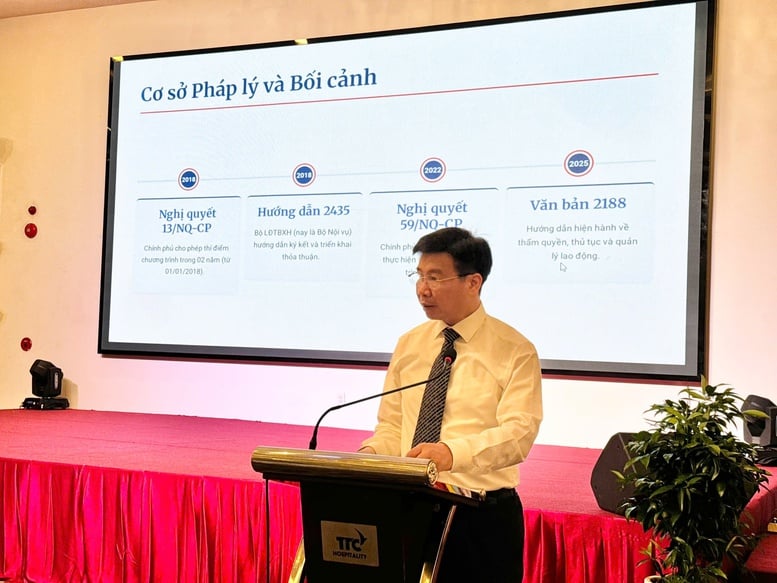
Mr. Vu Truong Giang, Acting Director of the Department of Overseas Labor ( Ministry of Home Affairs ) spoke at the Conference - Photo: VGP/Thu Giang
On the afternoon of November 24, in Can Tho City, the Ministry of Home Affairs coordinated with the People's Committee of Can Tho City to organize a conference to review the activities of sending workers to work seasonally in Korea under the form of cooperation between localities of Vietnam and Korea.
Previously, on April 27, 2022, the Government issued Resolution No. 59/NQ-CP on continuing to pilot sending Vietnamese workers to work seasonally in Korea in the form of cooperation between localities of the two countries.
Up to now, 16 provinces and cities have signed and sent workers to work in Korea under the Seasonal Labor Program.
Speaking at the Conference, Mr. Vu Truong Giang, Acting Director of the Department of Overseas Labor (Ministry of Home Affairs), said that although it is still in the pilot phase, the program has proven its ability to be replicated and suitable for the characteristics of agricultural labor in many localities.
According to reports from 16/16 localities, as of the end of November 2025, the total number of workers who had gone to Korea under this program was 10,037 people. The demand for participation in the program is very large, often many times higher than the number of recruitment.
The program of sending seasonal workers to Korea has contributed to solving employment for local workers, creating opportunities for workers to learn experience and increase income. It is estimated that after working for 5-8 months, each seasonal worker can accumulate from 150 million VND to 320 million VND/person.
Many elderly workers, agricultural workers, and poor workers have the opportunity to work abroad thanks to local support policies.
The Korean side also highly appreciates the diligence, discipline and stability of Vietnamese workers, especially during the peak season of crop production. The demand for seasonal workers in Korea has also increased sharply. In 2025, Korea raised the target to 95,700 people, an increase of 41% compared to 2024.
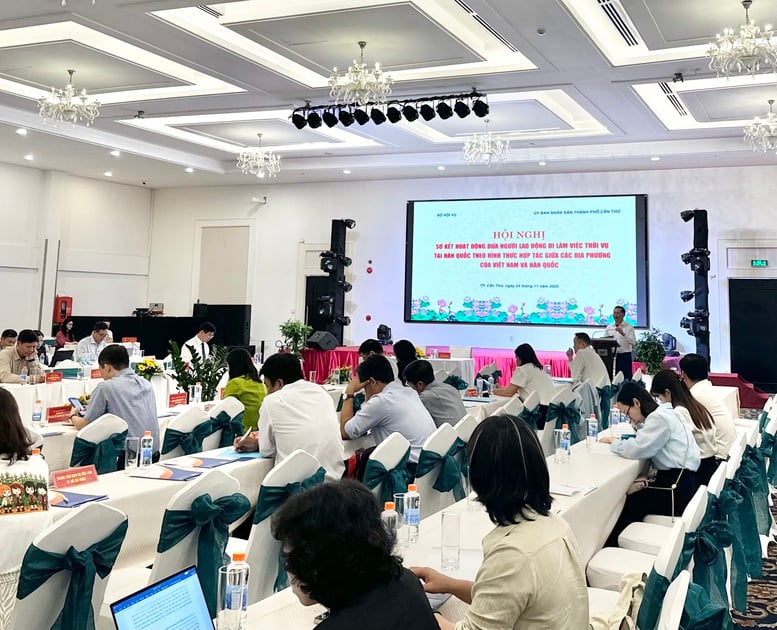
Conference to review activities of sending workers to work seasonally in Korea under the form of cooperation between localities of Vietnam and Korea - Photo: VGP/Thu Giang
Completing the legal framework, creating a foundation for program expansion
At the workshop, opinions from localities showed that the program is proving to be clearly effective, bringing practical benefits to workers and localities.
A representative of the Can Tho Department of Home Affairs said that from 2022 to 2025, the city sent 846 people to work seasonally in Korea. The average income of workers is about 2 million won/month (equivalent to 36-40 million VND); after deducting expenses, each person sends back about 30 million VND/month, equivalent to 150 million VND for a 5-month contract.
The program helps many households increase their income, improve their lives, have capital to build houses, start businesses; at the same time, create a source of labor with international experience for the locality. Currently, there are over 2,000 workers registered to learn about this program.
However, there are still cases of workers running away and residing illegally, which is also one of the risks that makes the Korean side tighten its reception. In addition, the funding for the program implementation is mainly from the budget, making it difficult for localities to organize and manage...
Can Tho proposed that the Central Government soon issue an official policy mechanism on sending workers to work seasonally abroad, replacing the current pilot phase; allow the Department of Home Affairs to be authorized to sign cooperation agreements; add stronger sanctions to prevent escapes; issue appropriate revenue and expenditure mechanisms to ensure funding for training, orientation education and management of workers in Korea.
Meanwhile, a representative of Dong Thap Department of Home Affairs said that the province has sent 1,204 workers to work seasonally since 2022, with the number increasing steadily over the years. Notably, 50-60% of workers were accepted back by Korean farm owners after completing their contracts.
The cost that workers have to pay is only about 20-25 million VND, mainly for airfare, while the province supports language learning, health check-ups, orientation education and unsecured loans of up to 25 million VND.
However, the province also encountered some difficulties, including the appearance of some Korean enterprises pretending to be "authorized", coordinating with domestic enterprises to collect fees of 1,000 - 1,500 USD/person, but without legal basis. The province proposed that the Ministry of Home Affairs work with the Korean side to unify the agreement form, preventing intermediary units from violating regulations.
Also according to Dong Thap Department of Home Affairs, Resolution No. 59/NQ-CP is only valid for 5 years, the pilot phase is expected to end on December 31, 2026, so the province recommends that the Ministry of Home Affairs consider coordinating with ministries and branches to continue implementing this program.
In addition, other opinions also proposed to perfect the legal framework, including the form of local seasonal labor cooperation in the Law on Vietnamese Workers Working Abroad under Contract (amended).
At the same time, add more effective anti-escape measures, including deposits, property mortgages, and handling of violating workers; and provide instructions on how to use the remaining deposits. Strengthen Korean language training, orientation education, and provide full information about jobs. Expand connections between Vietnamese and Korean localities, ensuring that the program is implemented non-profitably, without going through intermediary businesses...
*Previously, on the same morning (November 24), the Ministry of Home Affairs coordinated with the People's Committee of Can Tho City to organize the Conference "Promoting the effective implementation of programs to send workers to work abroad under international agreements, meeting the requirements of tasks in the new situation" to discuss key solutions on institutional reform, labor market development, improving the quality of human resources, protecting workers' rights...
Thu Giang
Source: https://baochinhphu.vn/nhieu-dia-phuong-de-xuat-mo-rong-trien-khai-chuong-trinh-dua-lao-dong-thoi-vu-sang-han-quoc-102251124163929408.htm














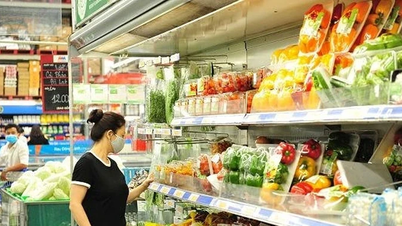

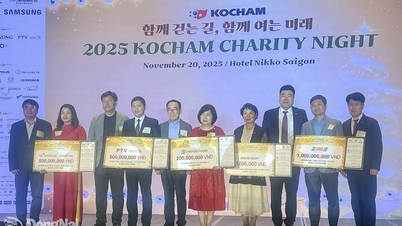





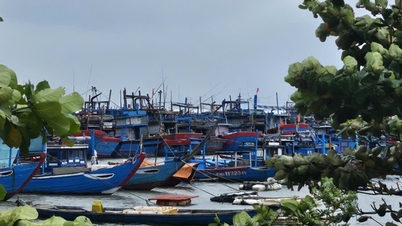




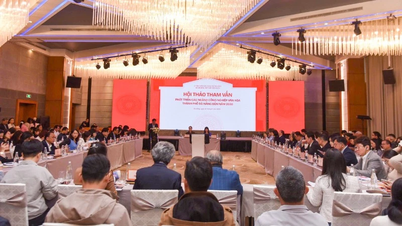





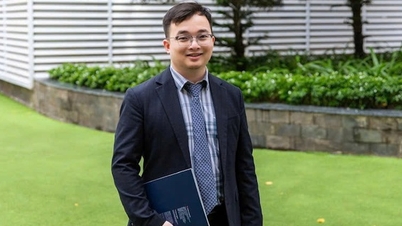
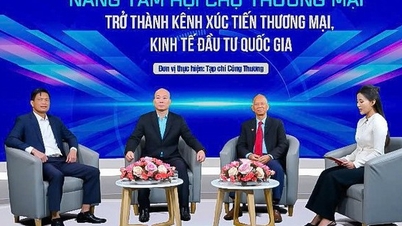
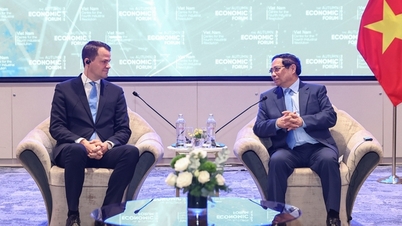
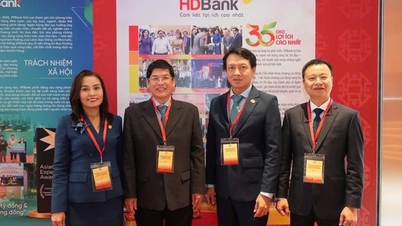
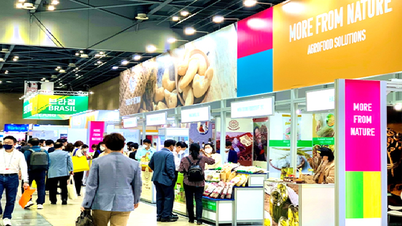
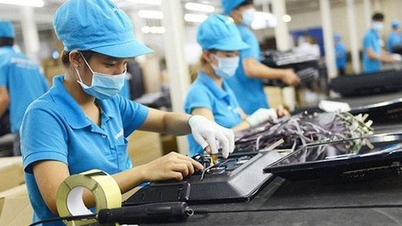





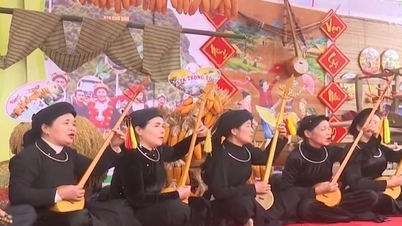



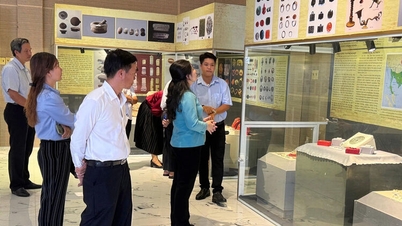

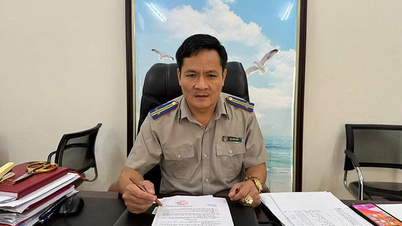

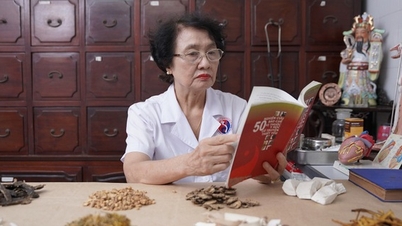

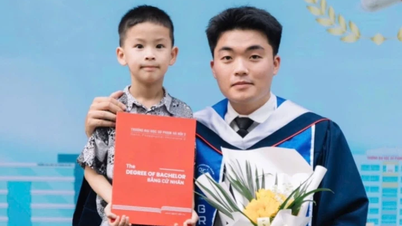

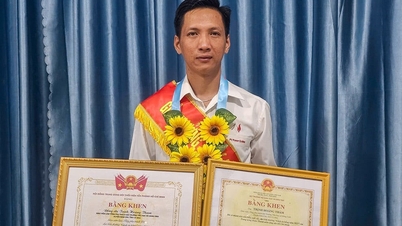


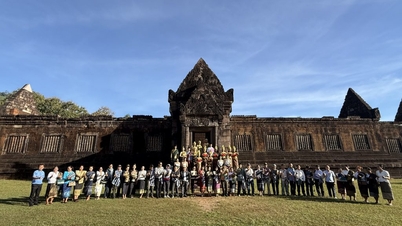



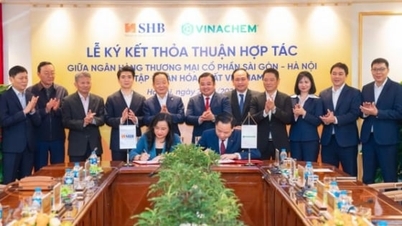











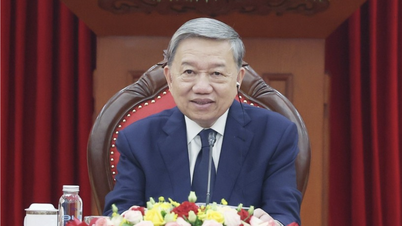




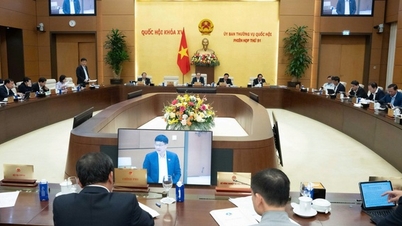
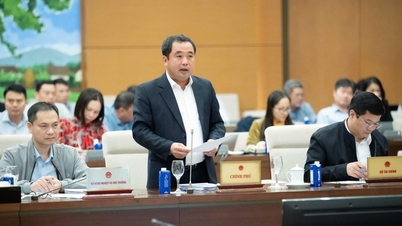
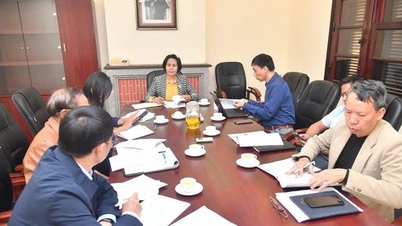
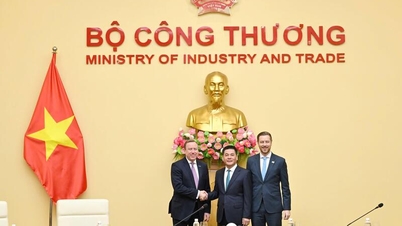

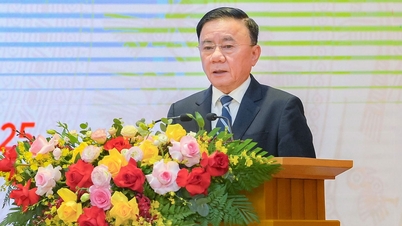

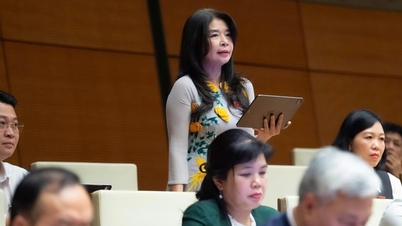
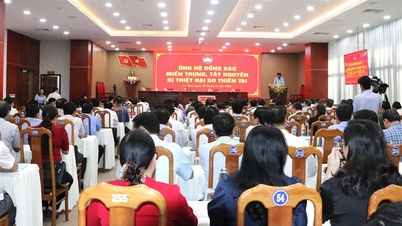




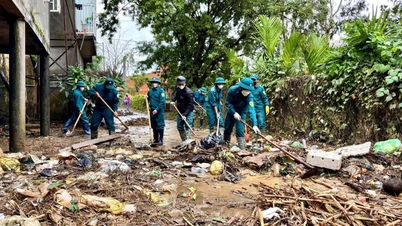

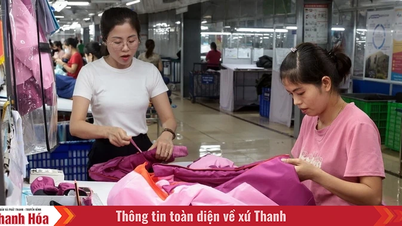
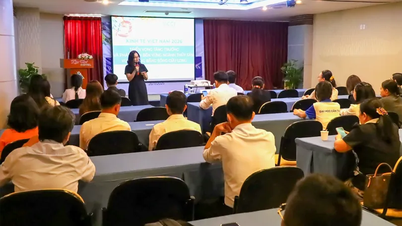















Comment (0)